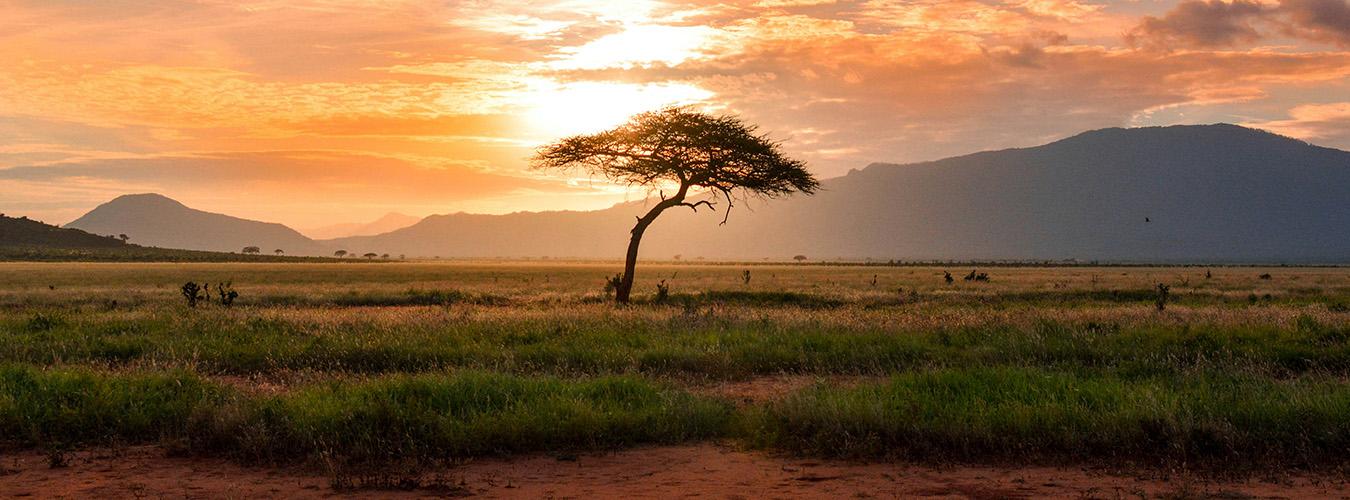This Wednesday, June 5, 2024 marks the celebration of World Environment Day. Every year since 1973, the United Nations Environment Program (UNEP) has organized the official celebration of World Environment Day. This day is therefore considered the largest global platform for public environmental awareness and is celebrated by millions of people across the world.
To believe the United Nations Convention to Combat Desertification, up to 40% of the planet’s land is degraded, directly affecting half of the world’s population and threatening around half of the world’s GDP ($44 trillion). The number and duration of droughts have increased by 29% since 2000, underlines the UN which organizes the official celebration of World Environment Day for 2024 in Saudi Arabia, calling for urgent actions to prevent droughts from affecting more than three-quarters of the world’s population by 2050.
While celebrating this World Environment Day, Haiti is still facing increasingly alarming ecological challenges. The country, like any other, celebrates this day, established by the United Nations to raise awareness and encourage environmental action, local authorities and international organizations are sounding the alarm on the worrying state of the Haitian environment.
Indeed, the country records an unfortunate rate of deforestation estimated at the disappearance of around 98% of its original forests due to the cutting of trees for the production of charcoal and for agriculture, according to the 2022 report of the Program of the United Nations Environment (UNEP). This unaddressed alarming reality contributes to soil erosion, making the country extremely vulnerable to natural disasters such as floods and landslides.
Furthermore, the joint report of the World Health Organization (WHO) and UNICEF of 2023 on progress in drinking water and sanitation reveals that only 52% of the Haitian population has access to improved drinking water source. The pollution of rivers and water sources, often contaminated by domestic and industrial waste, worsens the health situation in the country. Many rural areas are particularly affected, with high incidences of water-borne diseases, such as cholera, diarrhea, dysentery, hepatitis A, typhoid fever and poliomyelitis.
In Haiti, the issue of waste management remains a major challenge, despite the existence of a state institution with the mission of ensuring this aspect of territorial management. Thus, the 2023 annual report of the country’s Ministry of Environment reports that only 12% of solid waste is properly collected and treated. Most of the garbage ends up in open dumpsites or in waterways, contributing to soil and water pollution. This situation is exacerbated by the lack of adequate infrastructure and real waste management policies for increasingly populated cities producing more waste on a daily basis.
Added to all this, Haiti is especially vulnerable to the effects of climate change, if we are to believe the 2023 report from the Haitian Institute of Statistics and Informatics (IHSI) highlighting that rising sea levels, Intensified hurricanes and prolonged periods of drought threaten food security and the stability of coastal communities. Haitian farmers, who rely primarily on rain for their crops, are facing increasingly unpredictable harvests.
Note that every year, according to the International Organization for Migration (IOM), millions of people are displaced due to disasters. In 2023, disasters caused 26.4 million new internal displacements (2024 global report from the Observatory of Situations of Internal Displacement). According to the World Bank, without rapid and concerted action on climate and development, more than 216 million people could become internal climate migrants by 2050, calling for concrete action.
In response, theoretically, since this has not yet been felt, the Haitian State, through the Ministry of the Environment, in concert with the World Wide Fund for Nature (WWF) have launched an ambitious campaign aimed at planting one million trees by 2030. A reforestation project which is underway alongside other programs such as environmental education programs in schools. Local organizations also raise awareness among younger generations of the importance of conserving natural resources, through projects financed by international organizations.
Finally, it would be wise to say that the celebration of Environment Day in Haiti this June 5 must be more than a simple reminder of ecological challenges, but above all a call for initiative and action for all. actors in Haitian society, from citizens to political leaders, including international partners acting in areas relating to the environment. Environmental protection is a sine qua non condition for ensuring a sustainable and prosperous future for Haiti. As everywhere else, collective commitment, through state institutions, international organizations and local organizations, constitutes one of the best approaches to restore and preserve the environment, and thus guarantee a future that is less and less alarming on the environmental level for generations to come.










